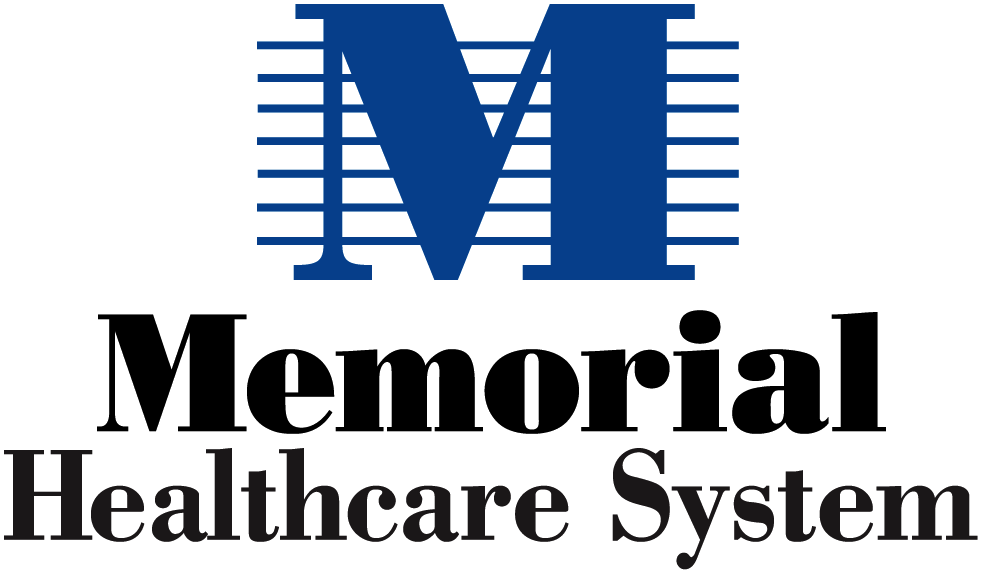

The following content is created in partnership with Memorial Healthcare System. It does not reflect the work or opinions of NBC Miami's editorial staff. Click here to learn more about Memorial Healthcare System.
Maybe you’ve heard: Exercise is good for you! Putting your body through its paces fights heart disease, helps control your weight, slows Parkinson’s Disease, sharpens your mind, helps control blood-sugar levels . . . the list goes on. Even working out just a couple days a week can promote health and build muscle. The thing is, though, only exercising a couple days a week can also make you more prone to injury.
A University of Calgary Study found that “weekend warriors” suffer more injuries than weekday-also warriors. In fact, the study found, 54.8 percent of sports-injury patients were wounded between 5 P.M. Friday and 8 A.M. Monday. So now you’re not only benched from the game, you’re sidelined from everyday life, restricted from activities like working and playing with your kids. Here are some common sports injuries, how to help prevent them, and the kinds of treatments you may need to pursue.
The Hurricane season is on. Our meteorologists are ready. Sign up for the NBC 6 Weather newsletter to get the latest forecast in your inbox.
Ankle Sprain
Is a . . . stretched or torn ligament.
You get it by . . . Suddenly turning your foot in or down, which stretches the ligaments. You’re vulnerable if you play sports that require a quick directional change.
You can avoid it by . . . Stretching your legs and feet; building a strong core; making sure you have the right size shoes; taping your ankle.
Treatment may involve . . . ice packs; elastic bandages to compress the foot and reduce swelling; crutches; physical therapy; surgery (in rare cases when other treatments don’t work).
Tennis Elbow
Is a . . . stress injury in which repetitive motion overloads your arm’s tendons, making them swell.
You get it by . . . playing racquet sports like badminton, squash, and, yes, tennis; weightlifting; throwing things, like a javelin or discus.
You can avoid it by . . . stretching/warming up; strengthening your forearms; spreading the load to the rest of your arm and shoulder.
Treatment may involve . . . icing and/or heating; cortisone (steroid) injections to lower inflammation and pain; wearing an elbow strap; physical therapy; ultrasonic tenotomy (the insertion of an ultrasonic needle into your tendon); surgery (when all else fails) to remove the inflamed tissue causing pain.
Runner’s Knee
Is a . . . pain around the kneecap that can be caused by several different conditions.
You get it by . . . Repeatedly subjecting your knee to high-impact (heavy squatting, climbing, running, jogging, basketball, soccer—all these activities can bring it on).
You can avoid it by . . . limiting the amount of knee-bending you do; building the muscles in your hips, glutes (butt), quads (front thighs) and hamstrings.
Treatment may involve . . . doing the same muscle-building exercises that help prevent it (see above); icing, anti-inflammatories, a knee brace; physical therapy; surgery to remove or replace damaged cartilage (rarely necessary).
Torn Rotator Cuff
Is a . . . tear in the tendons and muscles that support your shoulders.
You get it by . . . overusing and straining these muscles. Rowing, tennis, weightlifting, and baseball are sports that can cause it.
You can avoid it by . . . Stretching and building the muscles behind the shoulder and around the shoulder blades.
Treatment may involve . . . hot and/or cold packs; cortisone injections; anti-inflammatories; physical therapy; surgery to repair tendons.
Torn Hamstring
Is a . . . a tear in a rear-thigh muscle.
You get it by . . . suddenly overloading the muscle—such as by accelerating or moving suddenly. Sports that can cause it include football, soccer, basketball, tennis, or sprinting.
You can avoid it by . . . warming up; adopting flexibility exercises; building your glute muscles; building your hamstring muscles.
Treatment may involve . . . icing; leg compression; leg elevation; anti-inflammatories; physical therapy; surgery to repair muscle tears (in extreme cases).
Are you a wounded weekend warrior? With proper diagnosis, treatment, surgery and rehab, the Memorial Sports Medicine Program gets you back to sports and back to your daily routine. Visit MHS.net to learn more.

